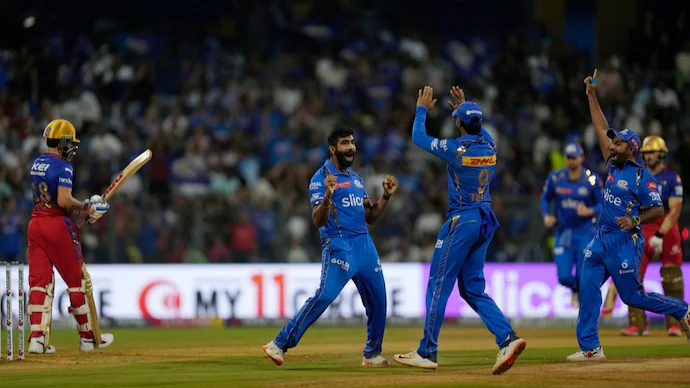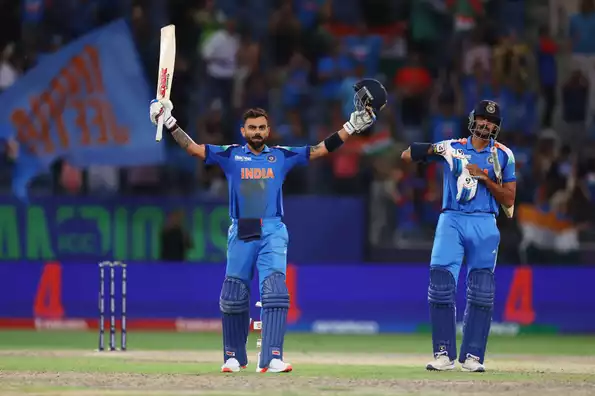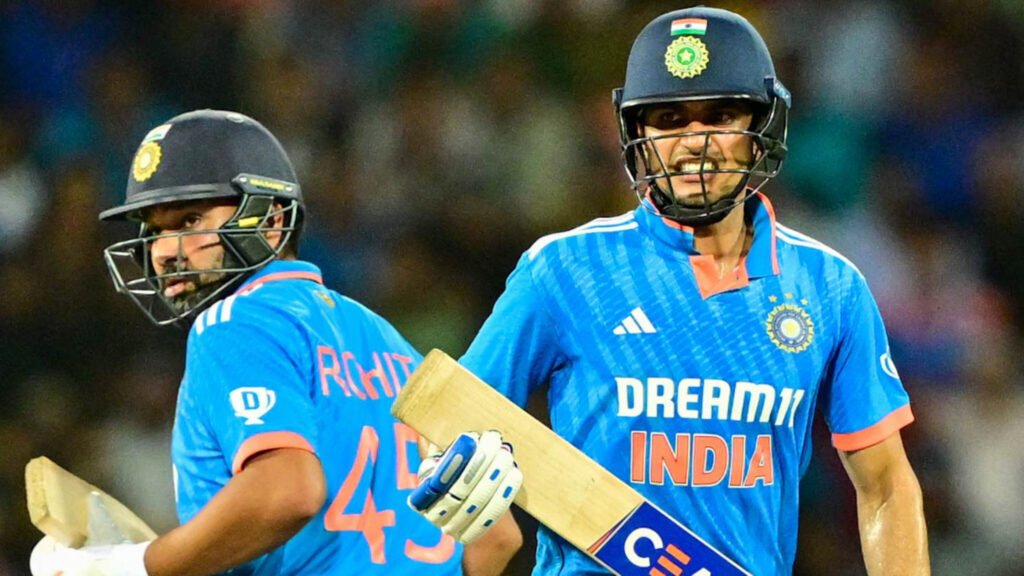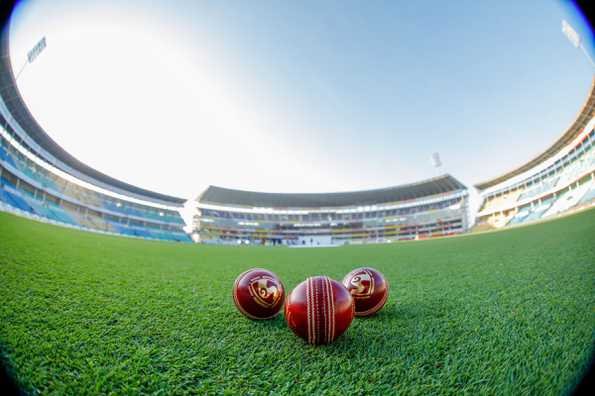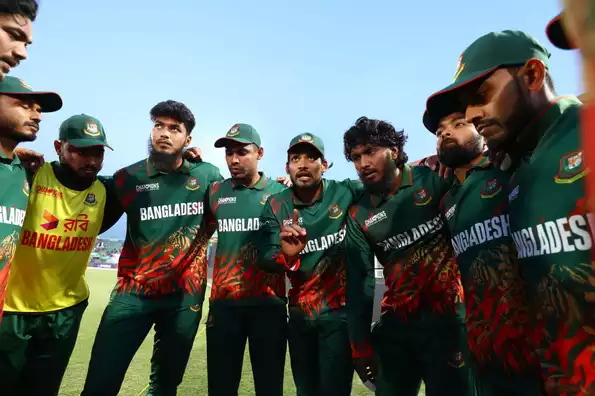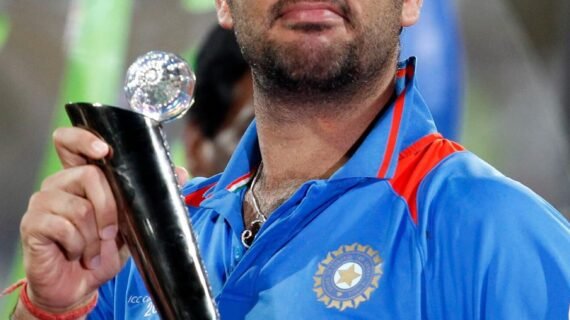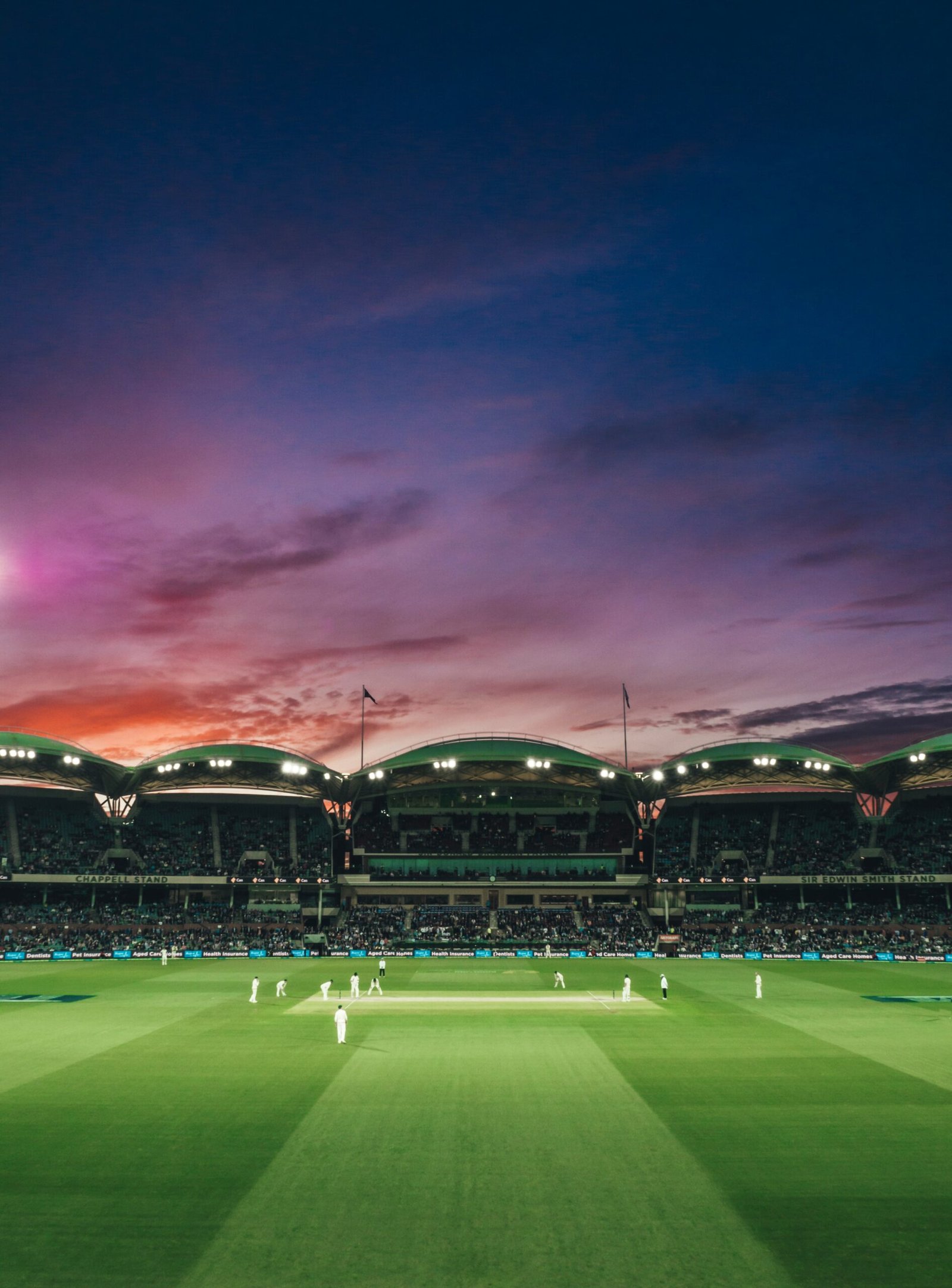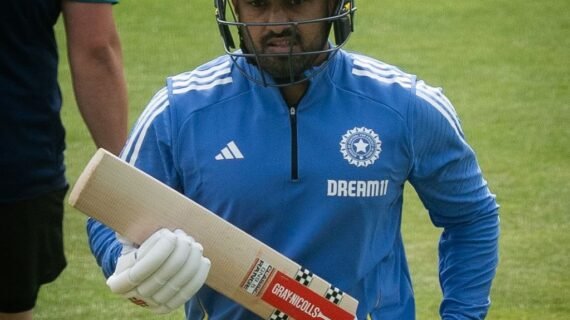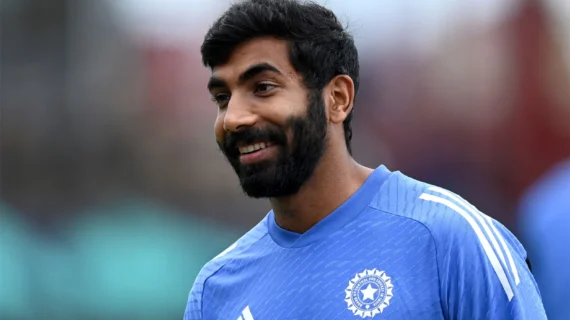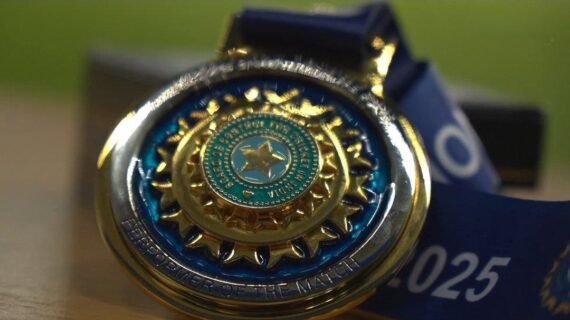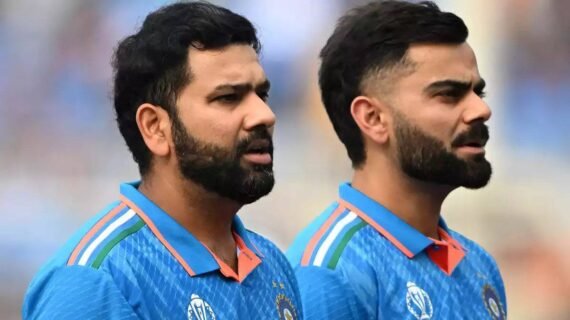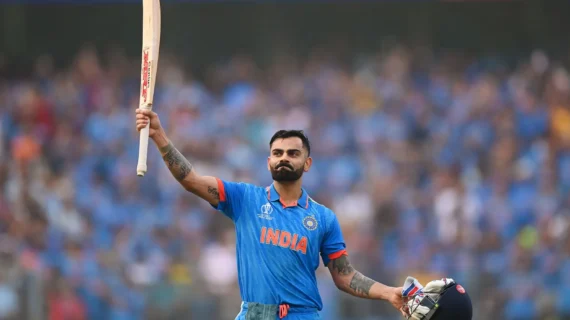Now Reading: From sizzle to fizzle: The lost spark of India-Pakistan cricket
-
01
From sizzle to fizzle: The lost spark of India-Pakistan cricket
From sizzle to fizzle: The lost spark of India-Pakistan cricket
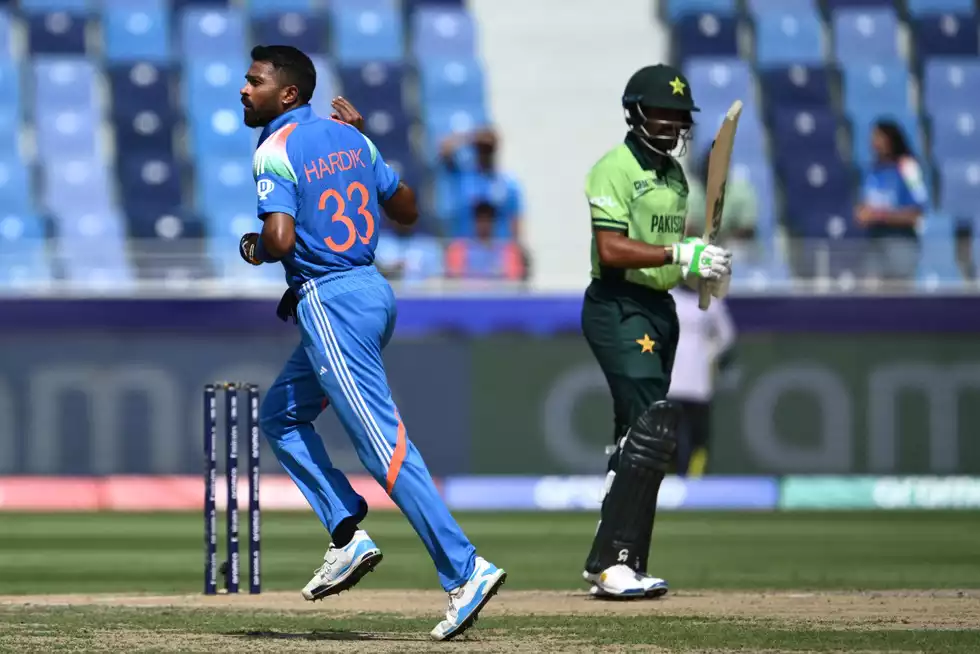
India vs Pakistan Rivalry: Fading Glory and Changing Dynamics in Modern Cricket
The once fierce and intense India vs. Pakistan cricket rivalry seems to be losing its spark, with recent results showcasing a clear disparity between the two sides. The high expectations and emotional quotient that made past encounters memorable appear to be waning, especially after the 2025 Champions Trophy match between the teams. Despite the ongoing enthusiasm surrounding these fixtures, the magic of the 2017 Champions Trophy seems to have diminished.
Key Points:
- Declining Excitement and Low Crowd Attendance:
The energy at the Dubai International Cricket Stadium for the India-Pakistan Champions Trophy 2025 match was visibly lower than the electric atmosphere at the 2017 Edgbaston match in Birmingham. While the stadium eventually filled, it took time, suggesting the shift in enthusiasm over time. - Pakistan’s Struggles and One-Sided Results
Since 2017, Pakistan has not won a single ODI against India, highlighting a significant gulf between the two teams. India’s dominance, particularly in recent matches, has made India-Pakistan encounters more predictable and less thrilling. - Aaqib Javed’s Optimism vs. Reality:
Pakistan’s coach, Aaqib Javed, maintains that the India-Pakistan rivalry remains a beautiful contest, regardless of recent results. However, experts and former cricketers argue that the lack of competition and the growing disparity in team strength have reduced the excitement around these clashes. - Pakistan’s Decline in Performance:
Pakistan cricket has experienced a decline in recent years. Players who once personified the nation’s cricketing power, like Wasim Akram, Waqar Younis, and Shoaib Akhtar, are no longer present. Even current star Babar Azam has failed to make a significant impact, further fueling the perception of Pakistan’s weakening cricket strength. - Bazid Khan’s Reflection on the Rivalry
Bazid Khan, a former cricketer and broadcaster, expressed his disappointment with the lack of excitement in the recent match, stating that he felt no nervousness or excitement leading up to the game. He acknowledged the growing gulf between India and Pakistan in terms of cricketing strength. - Harish Thawani’s perspective on the rivalry’s decline:
Former ICC and PCB official Harish Thawani suggests that India’s overall confidence in every aspect of life has translated into their cricketing performances. The nation’s superiority in various fields, including economic power, has meant that a loss to Pakistan isn’t as emotionally charged as in the past. - Cricketing Systems: India vs. Pakistan:
The differences in cricketing structures between the two nations also contribute to the current disparity. India’s federal system allows state associations to handle player welfare, while Pakistan’s centralized system struggles with managing players, especially after injuries to key bowlers like Shaheen Afridi and Naseem Shah. This structural difference impacts performance consistency. - Commercial aspects and fan engagement:
The commercial value of India-Pakistan matches has also changed. With bilateral series no longer taking place, broadcasters can no longer place a direct value on these encounters. The advertisement revenue during India-Pakistan games may be slightly higher, but it does not have the same commercial impact as before. - Pakistan’s national sentiment:
The anger and disillusionment within Pakistan’s cricketing circles are evident. Former PCB chief Najam Sethi blames the downfall of Pakistani cricket on the domestic cricket structure changes introduced in 2019 and internal conflicts within the team, leading to a lack of direction and focus in the national side.
Conclusion:
The once iconic India-Pakistan cricket rivalry is no longer as fierce or captivating as it once was. The gap in performance, combined with Pakistan’s internal issues and India’s dominance, has diminished the excitement that surrounded these match-ups. Unless there is a major overhaul in Pakistan’s cricketing system and a resurgence in their team’s performances, the intensity of this iconic rivalry is likely to continue fading.











